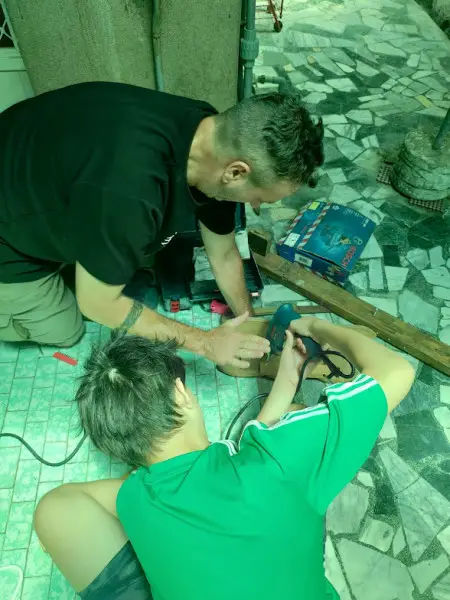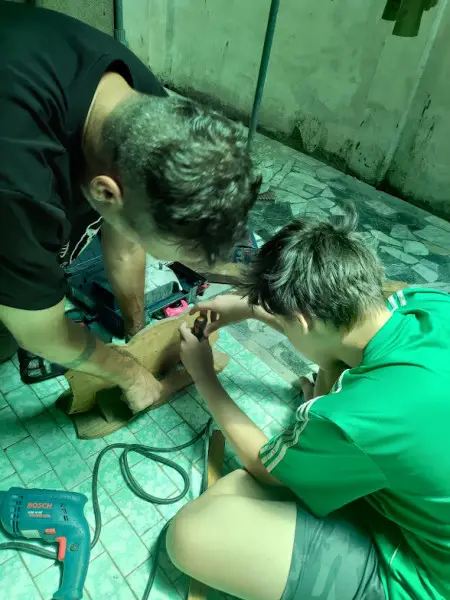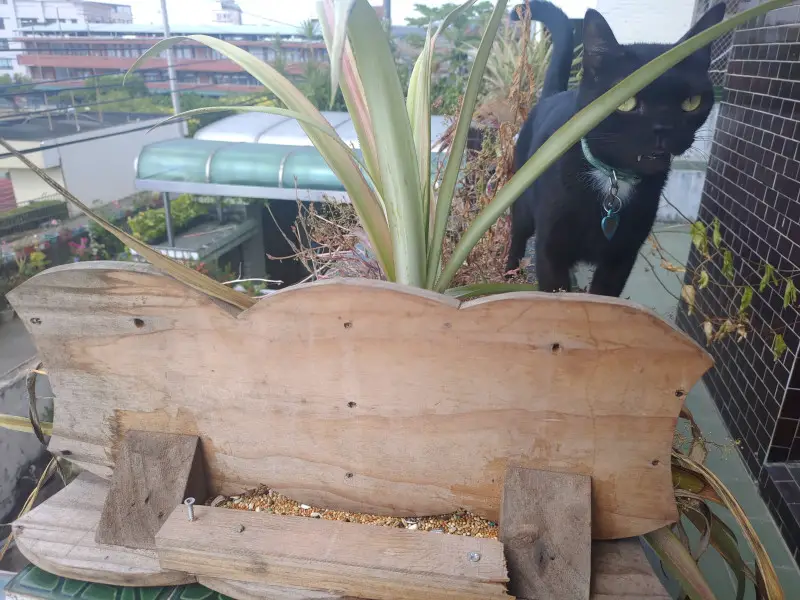It was the beginning of 2021, and I began pondering an idea for my son’s upcoming 13th birthday, in November. I wanted to do something meaningful. My son was moving into a different stage of his life, lots of changes were occurring and more were waiting ahead. New challenges, expectations, responsibilities...

Rites of passage are, and always have been, practiced in every society in the world. They are ceremonies, rituals, experiences, or events that solidify a significant change or milestone in someone’s life. They are meant to cause pain and discomfort, psychologically and/or physically, and they require discipline and courage. They have cultural, social, and psychological significance. They’re important and help youth navigate the world, make sense of change, and create bonds. French anthropologist Arnold Van Gennep coined the term in 1909, and saw such rites as means by which individuals are eased, without social disruption, through the difficulties of transition from one social role to another. Well we had to navigate this challenge ‘with’ social disruption, without missing a beat.

In the modern world I inhabit, puberty and age alone aren’t ideal metrics for transitions from childhood to adulthood. There’s another phase that needs to be considered, adolescence. This is the stage my son was embarking on. There are different ranges out there for adolescence, but generally, this stage should cover all the teenage years, and often the early 20’s. However, you probably know someone over 30 still stuck in this stage.

The requirements for my rites of passage challenge were simple: to help my son develop the skills, principles, and traits needed to thrive in the next phase of life, and it would all be completely secular. Rites are often passed down as family traditions. Family traditions are important. However, we should evaluate our family traditions. We should keep the ones we consider positive and constructive, and simply stop doing the others. Developing new family traditions is an exciting and rewarding pursuit. It’s possible that this rite of passage I created for my son, dies with me, and I’m fine with that.


Below is the list of challenges I gave to my son in the summer of 2021, when he was 12 years old. We all enjoyed the quality parent/child time(some of the taks required both parents, some were father/son only). And some of the challenges he had to tackle on his own to build an important habit, assertiveness. He needed to complete them all before his 13th birthday, in 3 months time. This is in addition to the challenges I issue on a regular basis, we have a special challenge folder. There may appear to be only 13 things on this list, but most of them included multiple tasks, so there were over 40 total challenges. These were appropriate for our situation: a heavy school/homework load, extracurricular activities… a busy schedule. And it includes the things we think he needed to work on most. It’s important to customize this challenge to suit the needs of your child. Have reasonable standards and allow for failure. If your child doesn’t complete the task properly, they must do it again, and again, an important part of the process. This challenge should be difficult, but attainable. Struggle is necessary for growth, and pain is necessary for pleasure.

- Plan your attack and time, you will be given a planner.
- Physical challenges- 2 minute plank, 50 sit ups, 15 push ups
- Loose ends- complete all unfinished grammar and writing books, etc.
- Read English Novels x2
- 10 acts of kindness
- Let’s eat! A task to research recipes, make a shopping list, hit the supermarket, and prepare a delicious dinner for mom and dad
- Confidence- a series of confidence-building challenges
- Interview- We interviewed each other at the end of the school year to discuss our favorite things, what we’d learned and what was most memorable that year
- Problem solving challenges (throughout the 3 months we’d present problems, of varying degrees, for him to solve)
- Tools and Tasks- this included learning a proper hand shake, tying a tie, writing a letter to grandma, learning proper phone etiquette to make calls to family and order a pizza, and using tools such as screwdrivers, hammers, hand saws, power saws, and drills
- Create and deliver a Powerpoint presentation
- How to Negotiate- The art/science and importance of negotiation skills
- Public speaking- the very last challenge required Curtis to give a speech on this experience, delivered in English, his second language, to a group of about 30 people. Some of them he knew, some of them he didn’t.









